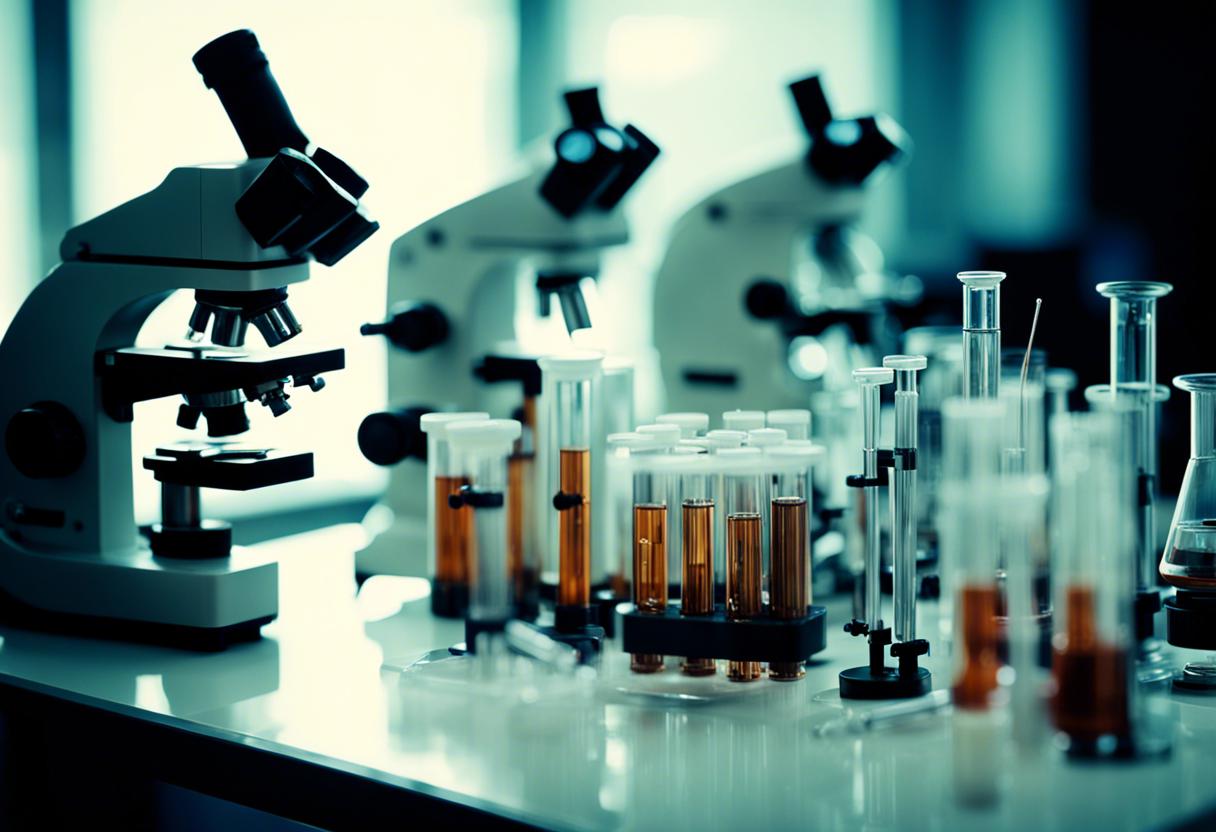The Irish branch of engineering and construction titan Jacobs reported a substantial annual revenue increase of over 15 per cent last year, propelled by a hike in activity within the nation’s manufacturing and pharmaceutical industries.
The recent disclosure of accounts for Jacobs Engineering Ireland indicated a near 40 per cent surge in after-tax profits for the business, raking in close to €17.9 million in the financial year ending September. Simultaneously, revenues saw a growth of more than 39 per cent, amounting to a sizeable €602.7 million.
According to a commentary included in the disclosures, the directors attribute this revenue boost to an expansion in its professional service operations, which is instigated by an escalation in activity in multiple key markets that their clients are engaged in. These include biotechnology, transportation, water and notably pharmaceuticals.
Amid decreasing administrative costs and a return to regular energy prices last year post-pandemic, the company’s gross profit margin intensified from 12 per cent in 2022 to 14 per cent. In addition, a dividend payout of €20 million has been sanctioned by the board for its parent company in Europe this year, an increase from €12.5 million approved in 2022.
Predicting that 2024 will sustain this strong performance, the directors aim for 43 per cent of its revenue to be derived from backlog. This constitutes a reduction of 25 percentage points from this year as Jacobs endeavours to recover from the fallout of the pandemic.
Having marked its half-century in the Irish industry, the US-based company, famous for establishing Intel’s first Irish fabrication plant in 1990, continues to make a significant mark on the Irish territory. The firm’s recent ventures include providing consultancy on the new Dublin Metrolink project and collaborating with life science heavyweights Pfizer and Edwards on several Irish projects.
In a recent announcement, the corporation affirmed plans to bolster its Irish workforce by hiring an extra 100 staff within the next two years, thus bringing the total number of its Irish personnel to well over 1,300.

